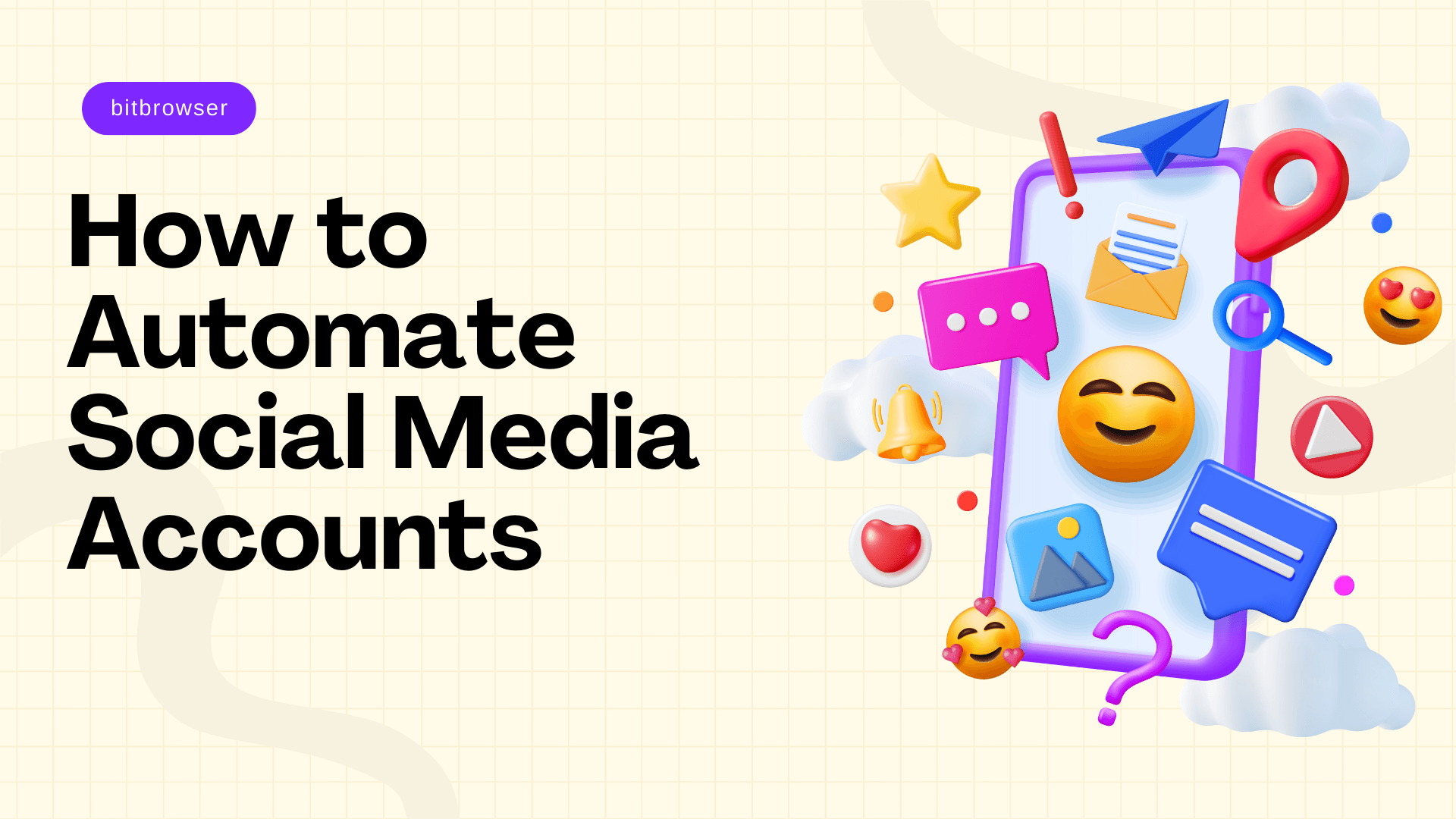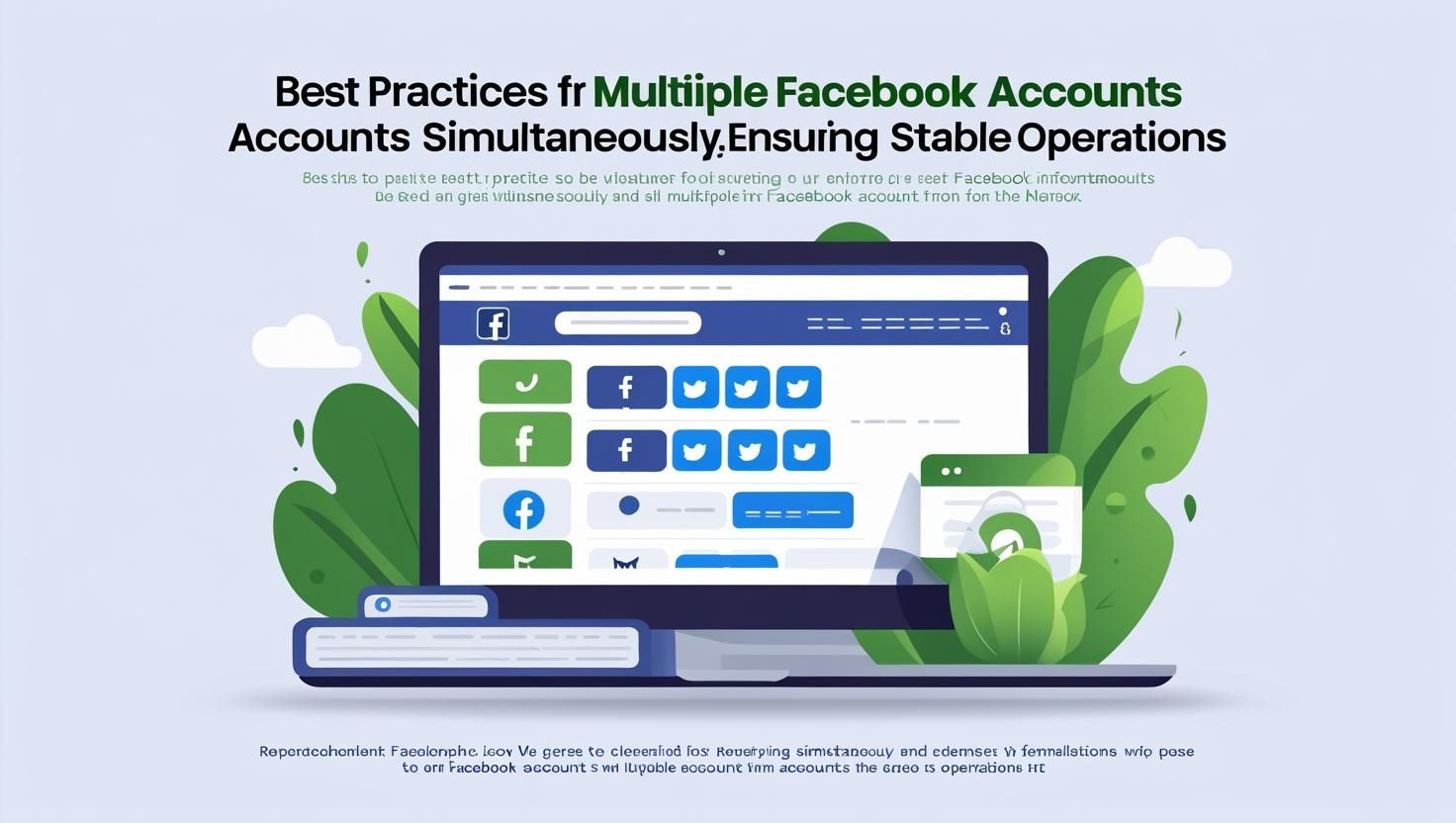


What Information Can You Get from an IP Address in 2025 with BitBrowser?
 2025.08.21 13:32
2025.08.21 13:32For many internet users, the term “IP” sounds mysterious. What does it actually mean? What role does it play in our online life? Let’s break it down.
An IP address (short for Internet Protocol address) works like a digital ID card or a postal code for your device. It ensures that all the information you send and receive online reaches the correct destination. Without it, devices on the internet would not be able to recognize or communicate with each other.
In this article, we’ll explain:
- What an IP address is
- How IPv4 and IPv6 differ
- The meaning of public vs. private IPs
- Static vs. dynamic IPs
- What information can be revealed from your IP
- How to hide or protect your IP address
What Is an IP Address?
An IP address is a unique number assigned to your device when it connects to the internet. Think of it as your device’s online home address.
The system of IP addresses was standardized in 1983 when the Internet Assigned Numbers Authority (IANA) began managing the allocation of addresses worldwide. IANA distributes large IP blocks to regional internet registries, which then assign smaller blocks to ISPs. Finally, your ISP gives your device its unique IP.
IPv4 vs. IPv6
Most devices today still use IPv4, which looks like this: 192.43.228.12. IPv4 is based on a 32-bit system and allows about 4.3 billion unique addresses. However, with billions of devices now online, IPv4 is running out.
That’s why IPv6 was introduced. It uses 128-bit hexadecimal numbers (for example: 5879:4a9d:f68c:64f1:7bf1:6aa2:3dc2:2d43), which allows for 340 undecillion addresses — practically unlimited. IPv6 also makes connections faster and more direct since each device can get its own unique IP.
Currently, about 30–35% of internet users are on IPv6, and this number continues to grow
Public vs. Private IP
Every device connected to the internet has either a public IP or a private IP:
- Public IP: visible on the internet, used by your ISP to connect your home or office network.
- Private IP: used only inside local networks (like your home Wi-Fi) and hidden from outsiders.
For example, your router uses a public IP to connect to the web, but your phone or laptop inside the house only has a private IP
Static vs. Dynamic IP
- Static IP: stays the same and is manually configured.
- Dynamic IP: changes regularly and is automatically assigned by your ISP’s DHCP server.
Most people use dynamic IPs, as they are easier for ISPs to manage and add a layer of privacy.
What Can Your IP Address Reveal?
Your IP address contains more information than you might think. From it, others can often estimate your:
- Approximate geographical location
- Websites and services you use
- Possible interests and habits
- Organization or company you’re connected to
Websites, advertisers, law enforcement, and even cybercriminals can track IP data. For example:
- Hackers might trick you into revealing your IP, then attempt to exploit it.
- Advertisers use your IP to tailor ads to your browsing behavior.
- Employers can monitor staff activity via company-assigned IPs.
- Law enforcement uses IP data to track criminals with ISP cooperation.
Can Someone Find Out Your IP Address?
Yes. Anyone with access to your device can see it, and determined attackers can sometimes uncover it through online interactions. This is why protecting your IP is important for maintaining privacy.
How to Hide Your IP Address
If you want more anonymity online, hiding your IP is one of the first steps. Here are the most common methods:
- VPN (Virtual Private Network): Masks your IP with another one, but may still be vulnerable to leaks or logging.
- Proxies: Route your traffic through another server to disguise your real IP.
- Anti-detect browsers: Tools like BitBrowser go further by masking not only your IP but also your digital fingerprint. This helps avoid platform detection and protects your identity online.
While no method guarantees 100% anonymity, combining tools like VPNs, proxies, and anti-detect browsers gives you stronger protection against tracking and profiling.
Final Thoughts
Your IP address is the key to your online identity — it connects you to the internet but also reveals information about you. While you can’t completely hide it, you can mask it with tools like VPNs, proxies, and anti-detect browsers such as BitBrowser.
Taking these precautions will help you maintain better privacy, security, and control over your digital footprint.
 petro
petro